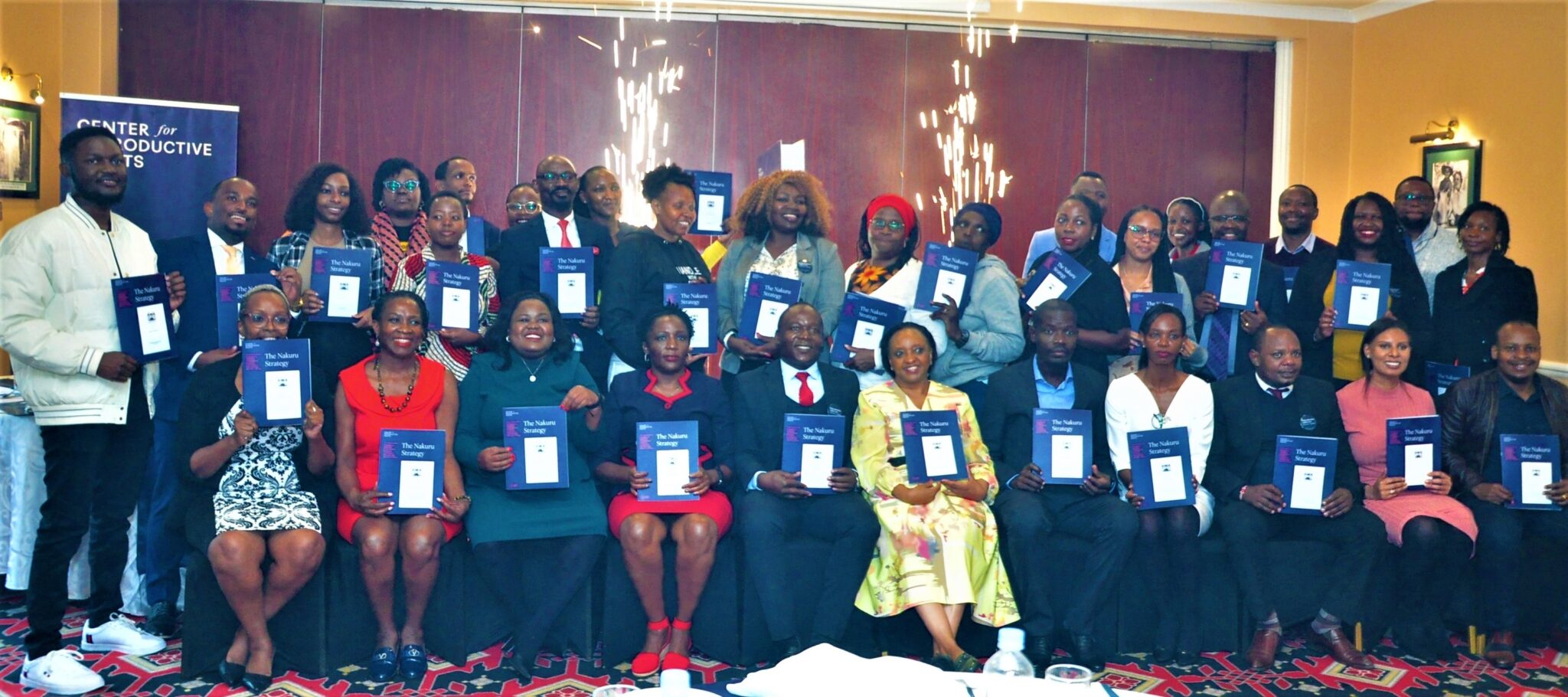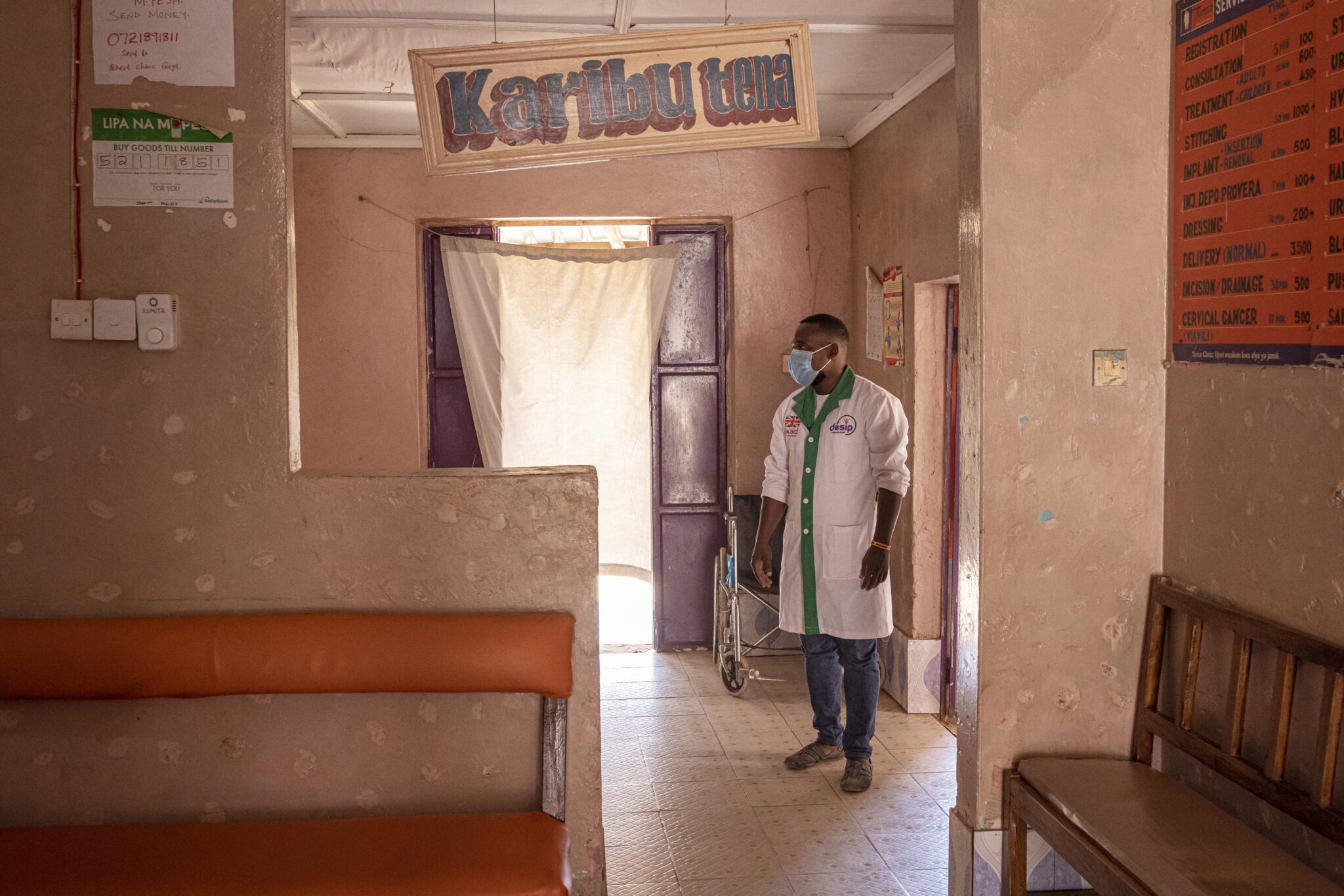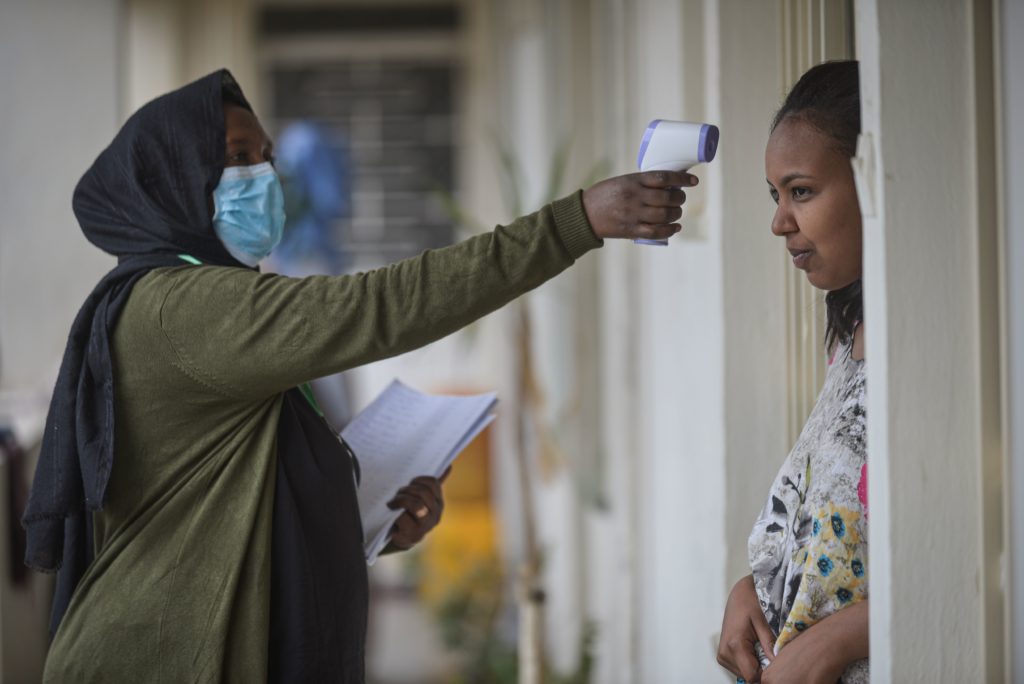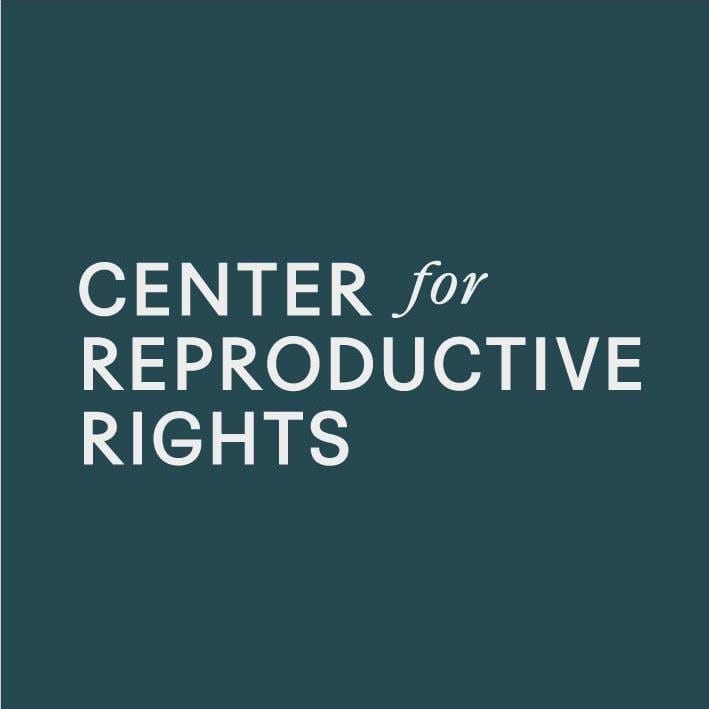Center and Partners Strategize to Ensure Access to Abortion Care in Kenya
Despite court victories and constitutional protections guaranteeing access to abortion and reproductive health care, many Kenyans continue to face barriers.

Although Kenya’s 2010 Constitution guarantees access to reproductive health services—a right affirmed by the Kenyan High Court—abortion remains inaccessible throughout most of the country.
To address this lack of progress, the Center for Reproductive Rights and its partners in the country’s sexual and reproductive health and rights (SRHR) sector have developed a new strategy to secure abortion care and access for all Kenyans.
Announced on June 15, “The Nakuru Strategy: Strategies to Implement Constitutional Provisions on Access to Safe and Legal Abortion in Kenya” takes a four-pronged approach to securing reproductive rights through legal and policy reforms, health systems strengthening, political mobilization, and community mobilization and movement building.
Provisions in the Constitution Guarantee the Right to Health, Including Reproductive Care
There are explicit provisions in the 2010 Constitution of Kenya that guarantee the right to health, including reproductive health care, and that provide for the termination of pregnancy when emergency treatment is necessary, the life or health of the pregnant person is at risk, or as allowed by any other written law.
Contrary to the Constitution’s protections, however, access to safe reproductive health care remains limited in the country as Kenya’s 1963 Penal Code continues to criminalize all abortion care. This has created confusion within the medical community about the legal provision of abortion and limited the information available to Kenyans seeking reproductive health care.
Those who need abortion care remain at risk of severe complications and hospitalizations. According to a 2015 report, a national survey in 2012 found there were 465,000 induced abortions in Kenya, most of which were unsafe and thus contributed to the country’s high morbidity and mortality rates. A 2008–2009 Kenya Demographic and Health Survey reported a maternal mortality ratio of 488 deaths per 100,000 live births, attributing many of them to abortion complications.
“It is concerning that the government of Kenya has failed to put the necessary structures in place despite the constitutional provisions and the guidance from the courts,” said Martin Onyango, the Center’s associate director for legal strategies in Africa. “We urge the government of Kenya to fully implement the Constitution to address preventable deaths.”
Read more.
Abortion in Kenya
The Center for Reproductive Rights has challenged the criminalization of reproductive health care in Kenya and sought to actualize the promise of the Kenyan Constitution. Learn more about the abortion landscape in Kenya.
Securing Access to Safe and Legal Abortion
These recent efforts build on seminal jurisprudence in response to litigation brought by the Center and its partners on access to safe and legal abortion from the High Court of Kenya:
- In 2019, the High Court of Kenya in Nairobi, in FIDA-Kenya and Others v. Attorney General and Others, ruled that victims of sexual violence can access safe and legal abortion within the provisions of the Constitution.
- In 2022, the High Court of Kenya in Malindi, in PAK and Salim Mohammed v. Attorney General et al, affirmed that abortion is a fundamental right under the Constitution and ruled that the arbitrary arrest and prosecution of patients seeking abortion care or health care providers offering abortion services was illegal.
Event Gathers INGOs, CSOs, Government Officials, and Health Professionals
Held in Nairobi, the event launching the “Nakuru Strategy” drew an audience of reproductive health sector INGOs and CSOs in Kenya, reproductive rights defenders, Center clients, government officials, and trained health professionals.
Speakers included:
- Dr. Ann Kihara, incoming President, International Federation of Gynaecology and Obstetrics (FIGO), who delivered the keynote address and officially launched the strategy. Dr. Kihara underscored the importance of the last mile and of grounding SRHR initiatives at the community level, and she called on INGOs and the CSOs to mobilize resources to ensure the strategy’s full implementation.
- Victor Rasugu, the Executive Director, Network for Adolescents and Youth of Africa, who spoke on working with communities and young people for effective change.
- Evelyne Opondo, Africa Director, International Center for Research on Women, who focused on building a coordinated community of practice for abortion legal advocacy in the country.
The overall goals of the multi-sectoral partnership include safeguarding constitutional gains on SRHR for vulnerable people in Kenya, influencing constructive dialogue on SRHR issues in the country, and strengthening alliances for the promotion and fulfillment of sexual reproductive health and rights.



